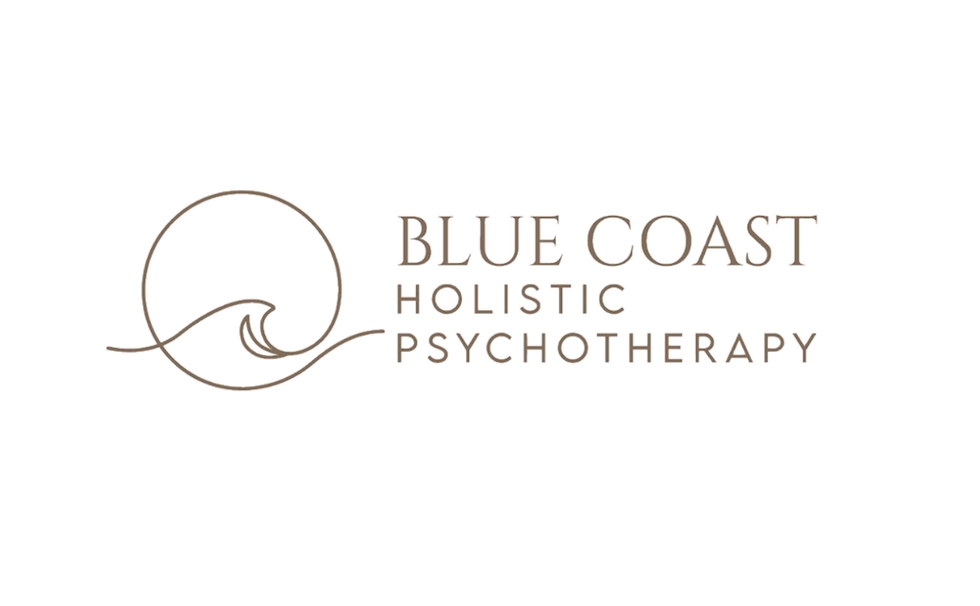The Power of the Vagus Nerve: A Key to Calm and Connection
- Aug 7, 2025
- 3 min read
When it comes to managing stress, regulating emotions, and feeling safe in our bodies, one essential player often goes unnoticed: the vagus nerve. At Blue Coast Holistic Psychotherapy, we believe that understanding how the nervous system works can be empowering, especially for those navigating anxiety, depression, trauma, or burnout. The vagus nerve is a core part of that system—and learning about it can be a powerful step in your healing journey.

What is the Vagus Nerve?
The vagus nerve is the longest cranial nerve in the body, running from the brainstem down through the neck, chest, and abdomen, and branching to important organs like the heart, lungs, and digestive tract. It's a central part of the parasympathetic nervous system, which is responsible for our "rest and digest" state—the calm counterpart to the "fight or flight" stress response.
This nerve plays a critical role in regulating many bodily functions: heart rate, digestion (this is why we see such a high correlation between IBS and anxiety and mood, by the way!), breathing, and even facial expressions and vocal tone. Additionally, a properly functioning vagus nerve contributes to the body's inflammatory response and can also affect mood and emotional health. Research suggests that higher vagal tone is associated with lower levels of anxiety and depression.
The Vagus Nerve and Polyvagal Theory
Polyvagal Theory, developed by Dr. Stephen Porges, offers a framework for understanding how the vagus nerve helps us navigate safety, danger, and connection. It describes how our nervous system shifts between different states:
Ventral vagal state: A place of calm, safety, and social connection
Sympathetic state: The fight-or-flight response, marked by anxiety, anger, or hypervigilance
Dorsal vagal state: A shutdown or freeze response, often linked with numbness, depression, or disconnection
Understanding these states can help us recognize our body’s cues and respond with compassion rather than judgement.
Why the Vagus Nerve Matters for Mental Health
When the vagus nerve is well-regulated, we’re better able to:
Cope with stress
Recover from difficult emotions
Feel connected in relationships
Sleep more deeply
Digest food with ease
But when it's underactive or overwhelmed, it can contribute to symptoms like chronic anxiety, fatigue, gut issues, or emotional numbness.
Supporting Your Vagus Nerve The good news? There are simple, evidence-based ways to support vagus nerve function and help your nervous system return to a state of balance. Some gentle practices include:
Deep, slow belly breathing
Humming, chanting, singing, or gargling water
Cold water on the face, cold shower, icing the neck
Slow, mindful chewing when eating
Rocking in a chair or swaying gently
Gentle movement or yoga
Therapies like EMDR, IFS, or somatic approaches
These tools send signals of safety to your nervous system, activating the ventral vagal pathway and helping your body shift out of survival mode.
A Holistic Approach to Nervous System Healing
At Blue Coast Holistic Psychotherapy, we integrate mind-body practices, polyvagal theory, and trauma-informed care to support you in regulating your nervous system and reconnecting with your sense of calm. Whether you’re dealing with anxiety, trauma, or simply feeling overwhelmed, we’re here to help you come back home to yourself—one step at a time.
Curious about how vagus nerve support and nervous system healing can help you? Explore therapy options with us or book a free consultation. We’d be honoured to support your journey. Reach out here to get started.



